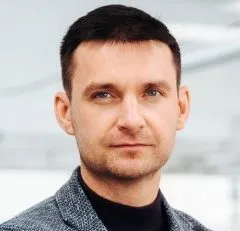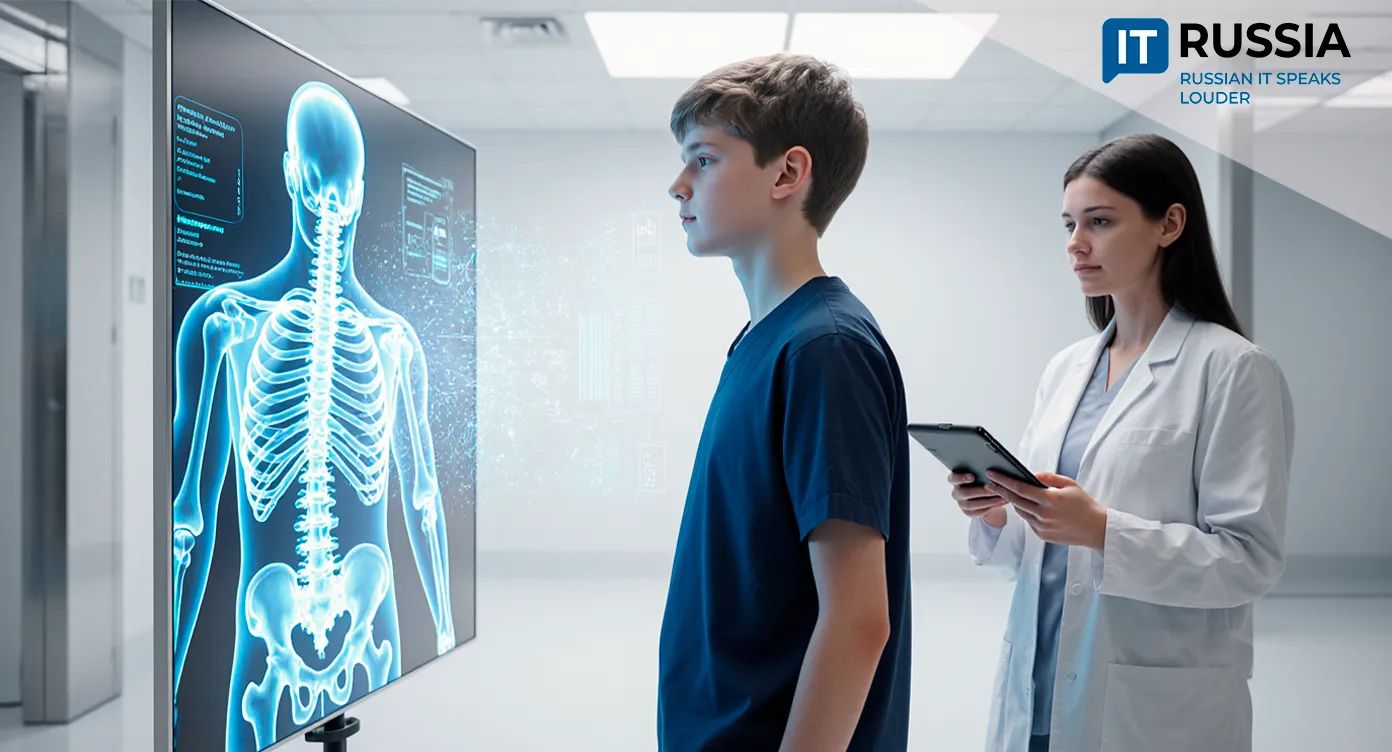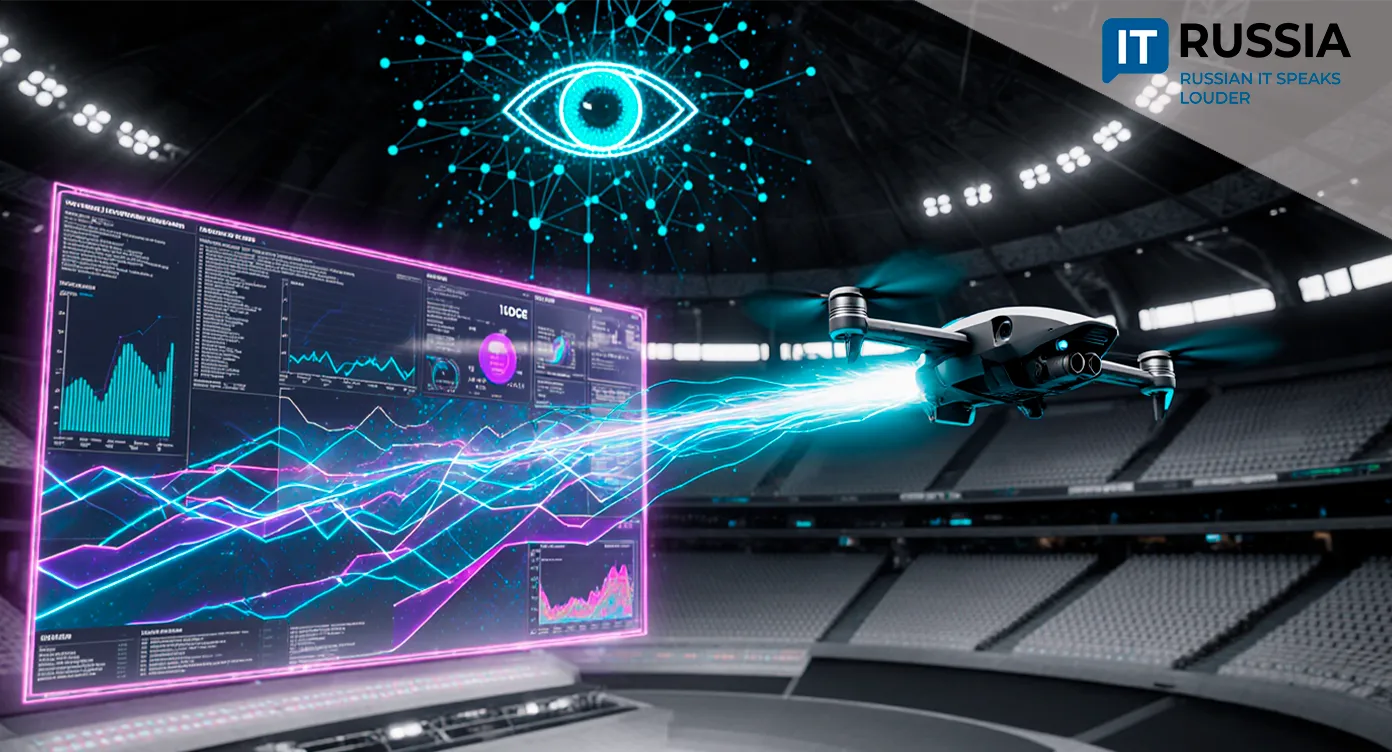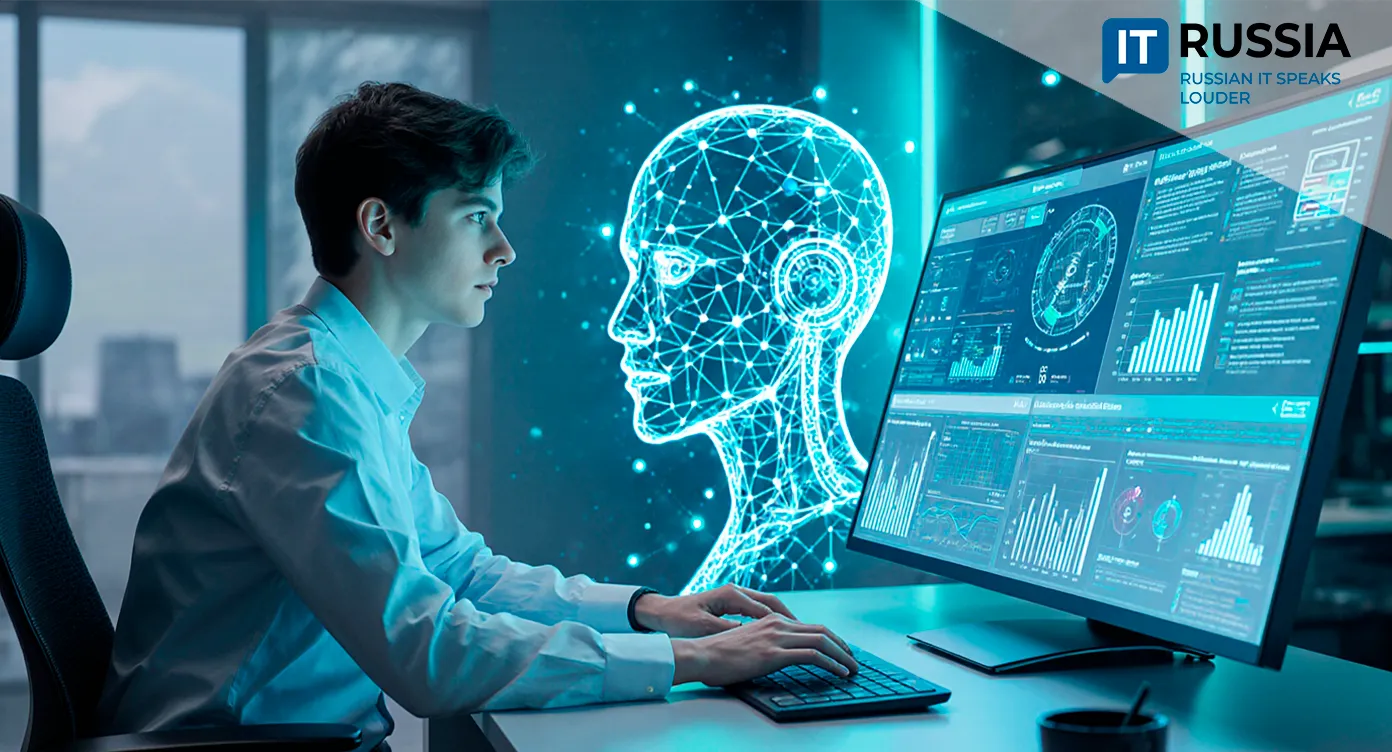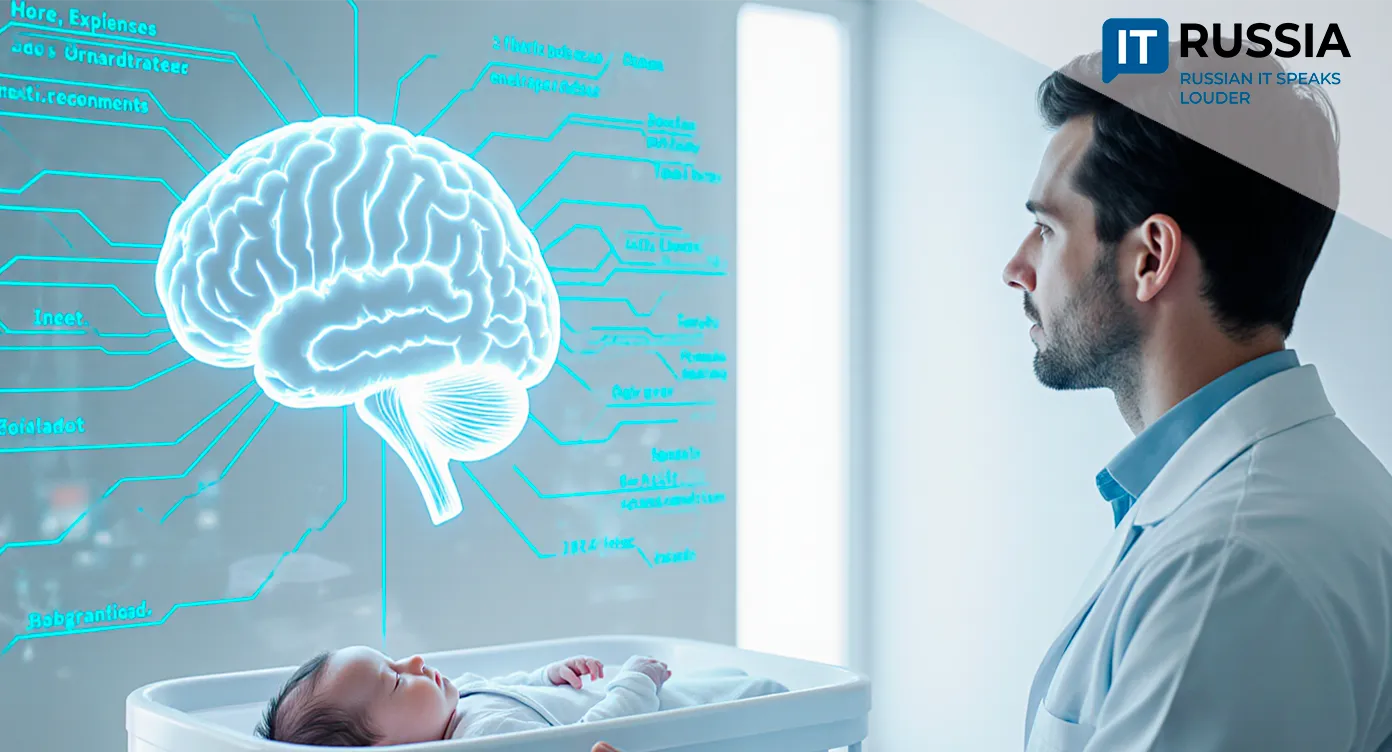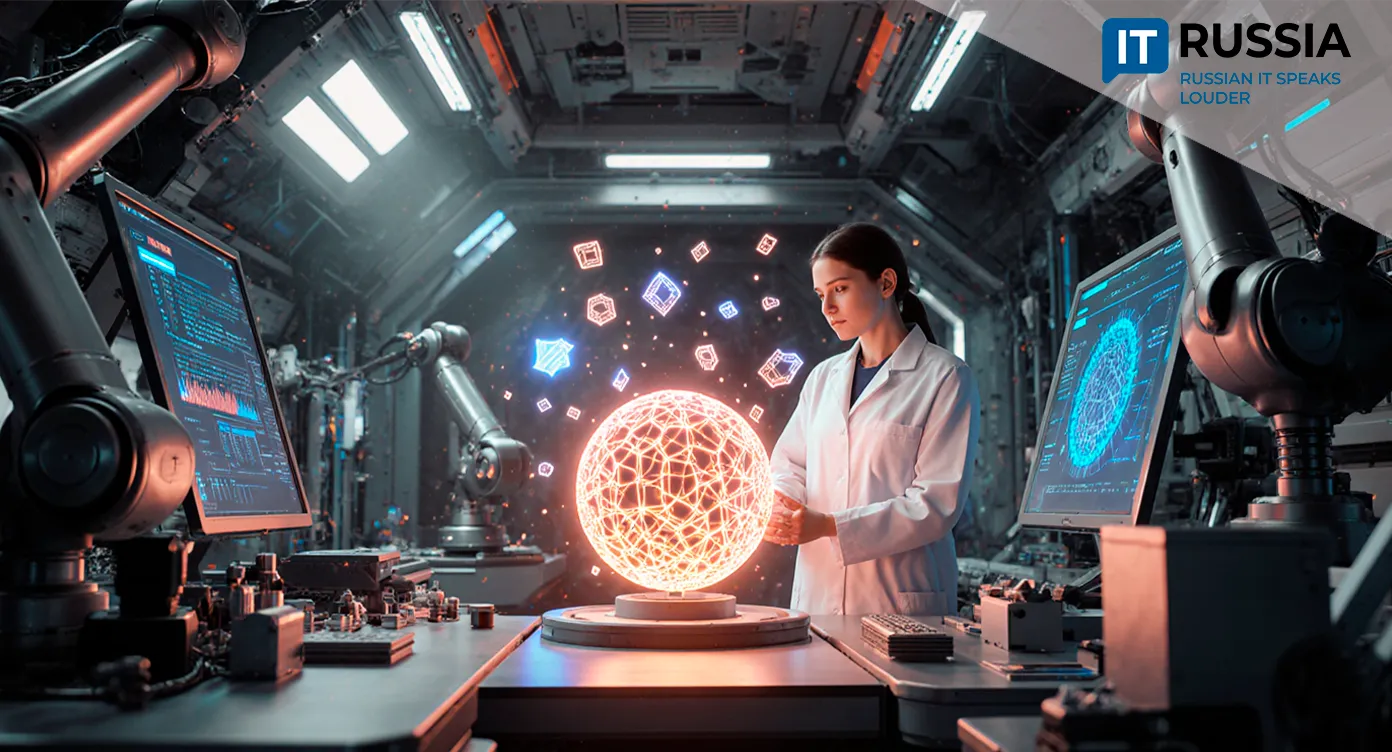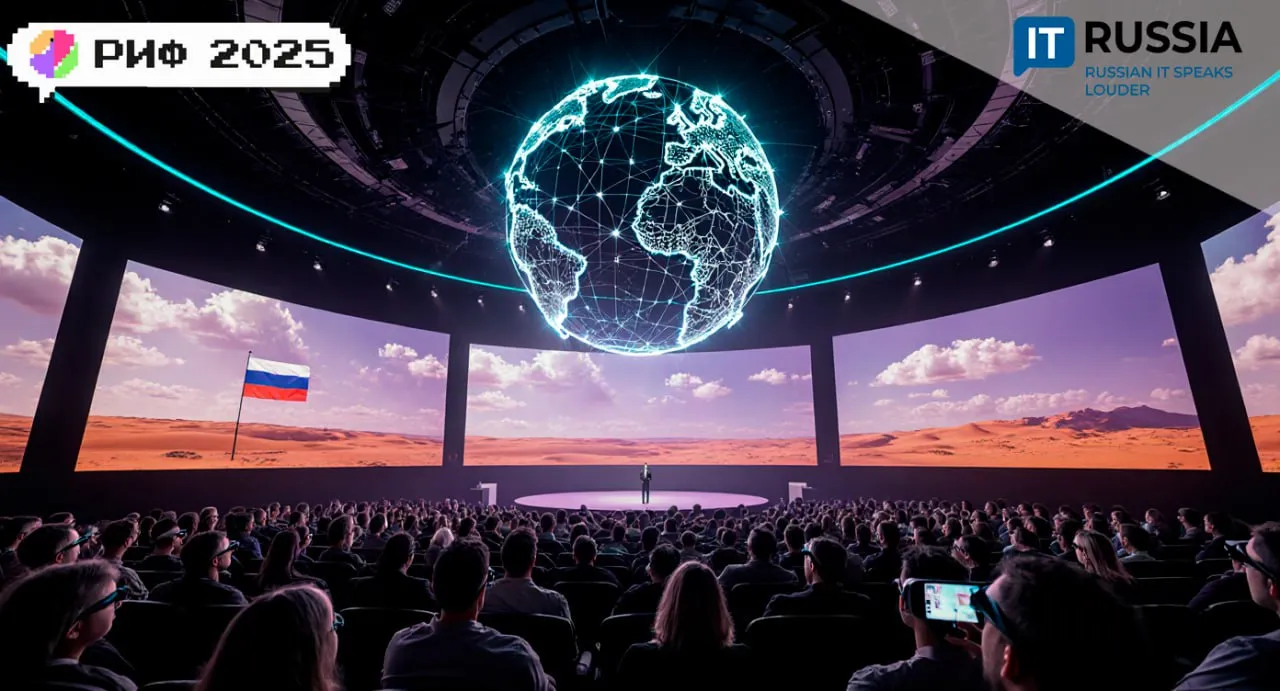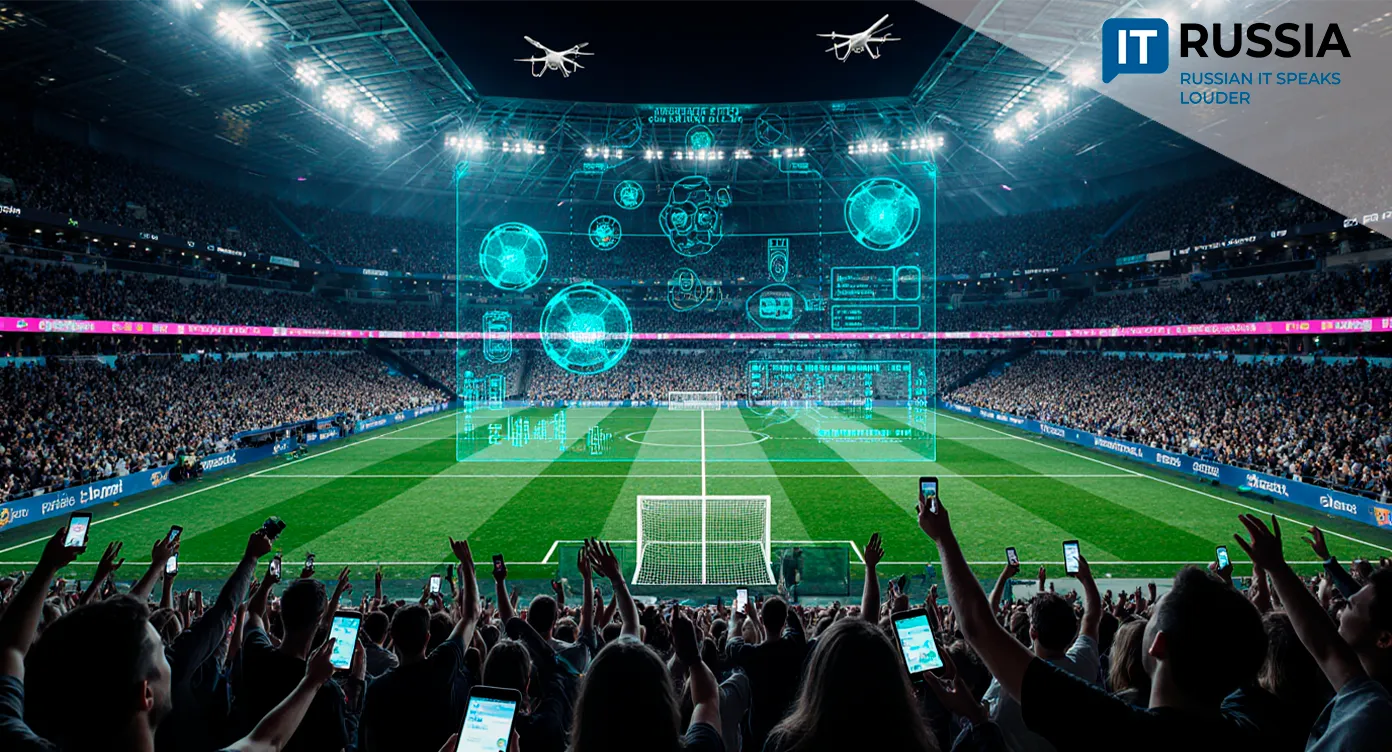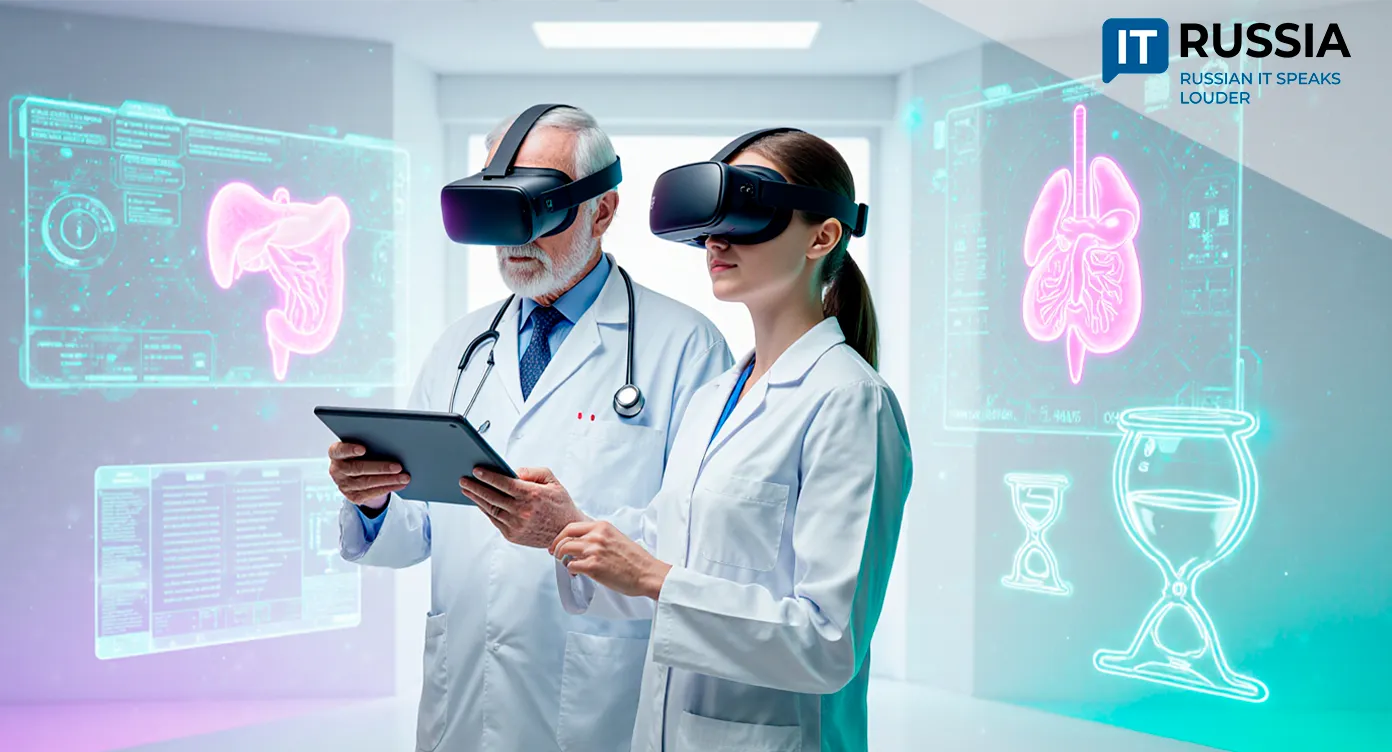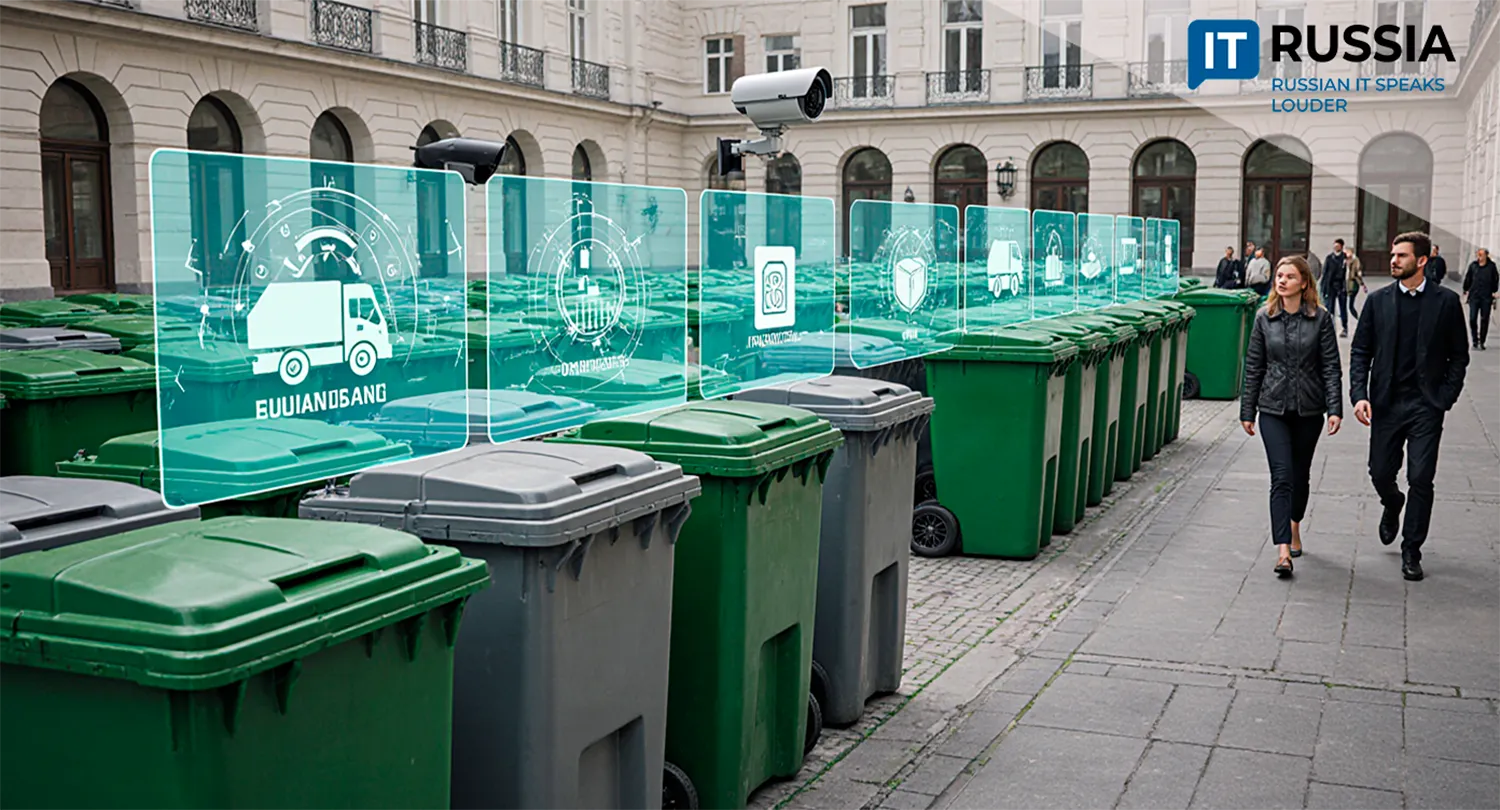Russia Develops Technology for Communication with the Deceased
Scientists from the Russian Academy of Sciences and Moscow State University’s Institute of AI have announced the creation of a “digital immortality” technology that aims to reconstruct a person’s personality after death.
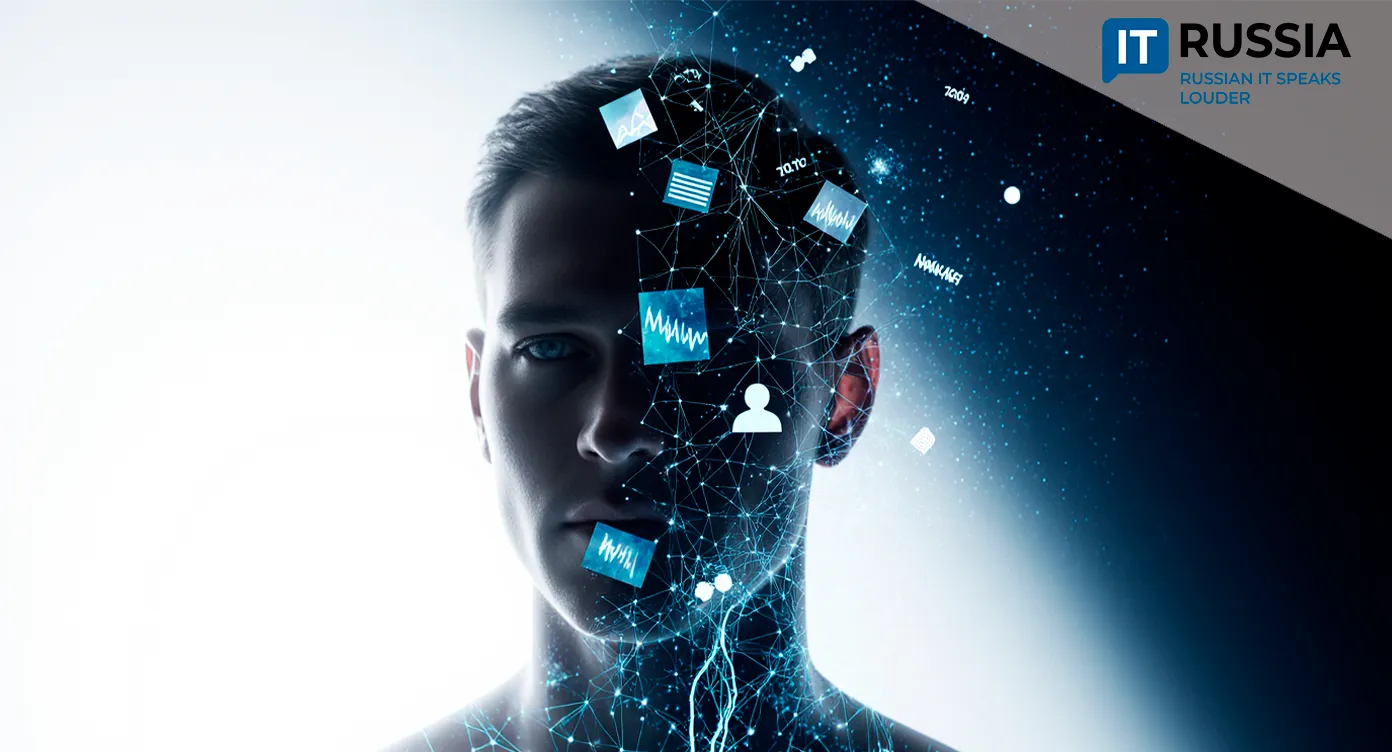
The Era of ‘Digital Immortality’
On August 31, 2025, researchers at the Russian Academy of Sciences and Moscow State University’s Institute of Artificial Intelligence, led by Professor Konstantin Vorontsov, announced a project they say could mark the dawn of “digital immortality.” The system is designed to reconstruct the personalities of deceased individuals based on their digital traces: messages, voice recordings, photographs, letters, and social media.
This AI model does more than store data—it simulates thought patterns, speech mannerisms, and emotions, creating the illusion of ongoing communication with the deceased.
Unlike conventional chatbots or voice assistants, the technology goes further, attempting to reconstruct personality with high psychological fidelity. Though still in development, the project has already sparked widespread public debate.
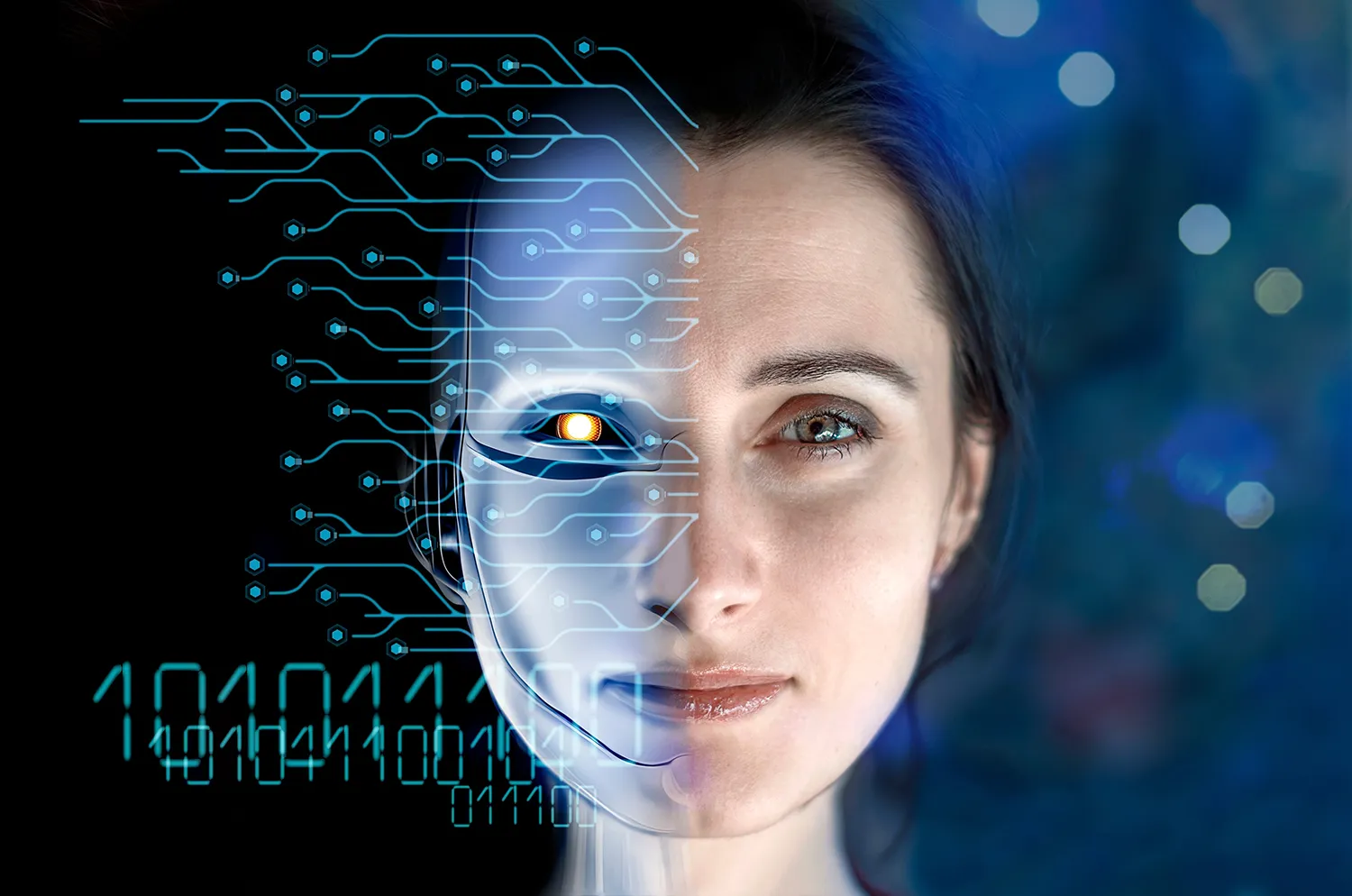
From Voice to Personality: The Evolution of Digital Doubles
Over the past five years, Russia has moved from voice-cloning experiments to research into modeling consciousness itself. In 2021, Digital Doubles introduced autonomous replicas based on online activity. In 2024, the Ambistella service offered subscriptions to receive phone responses from deceased relatives—complete with their voice and intonation. In January 2025, the “Neurocemetery” project in Rostov-on-Don presented the first visual and voice-based reconstructions of the dead.
The current project is the logical culmination of this trajectory. New AI models capture not only phrases but also context, emotions, psychological states, and life attitudes. This is less about technology alone and more about the attempt to preserve personality itself.

Psychology, Culture, and Economy
The potential applications are vast. In psychotherapy, digital avatars could help grieving individuals cope with loss, especially when farewells were impossible. In education, interactive lessons could be conducted with historical figures. In culture, digital museums could allow visitors to “converse” with writers, scientists, and historical heroes.
Economically, the technology could open new markets. Russia’s strength in mathematics and programming positions it well to compete in the emerging global market for personalized digital doubles. If supported by clear legal and social norms, the export of such solutions could become a new vector for IT growth.
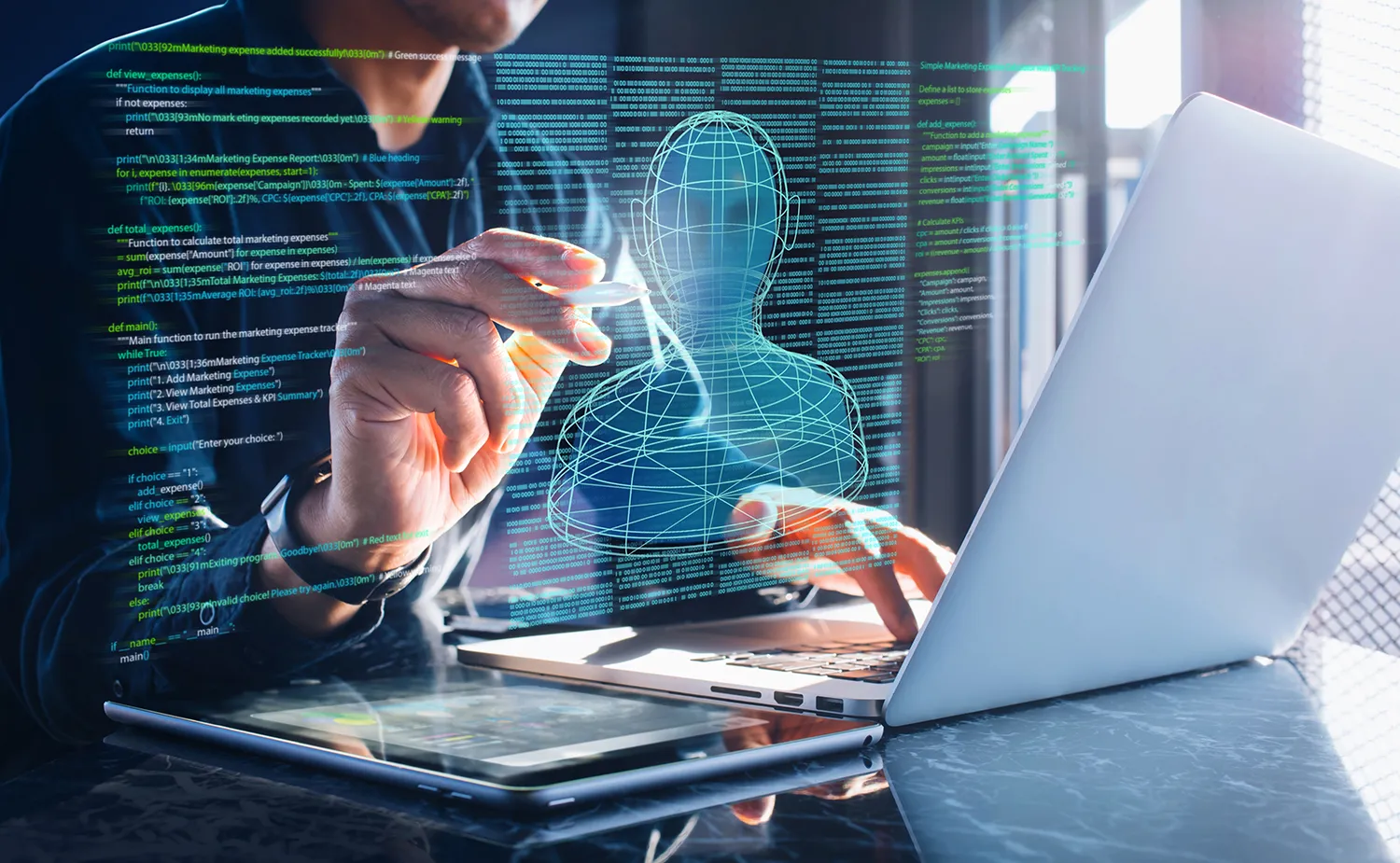
Ethics, Law, and the Future of Humanity
With every advance come new risks. What happens if an AI replica is created without the deceased’s consent? Who owns a digital self—the relatives, the state, or the platform? Could such avatars be exploited for manipulation, fraud, or even political purposes?
Experts are calling for immediate regulation: mandatory lifetime consent, oversight of data use, and bans on commercialization without permission. They also recommend establishing ethics committees with psychologists, lawyers, philosophers, and public representatives.
Russia at the Crossroads of Technology and Morality
The technology of “digital immortality” is no longer science fiction. It exists today, and Russia—thanks to its independent research base and AI breakthroughs—could become a leader in this sensitive but promising field. Its success will depend not just on technical accuracy but also on society’s readiness to engage in dialogue with the past through digital reconstructions.
Pilot projects may soon appear in museums, clinics, and even social support systems. But the essential question is not whether we can digitally resurrect the dead—it is whether we should.


